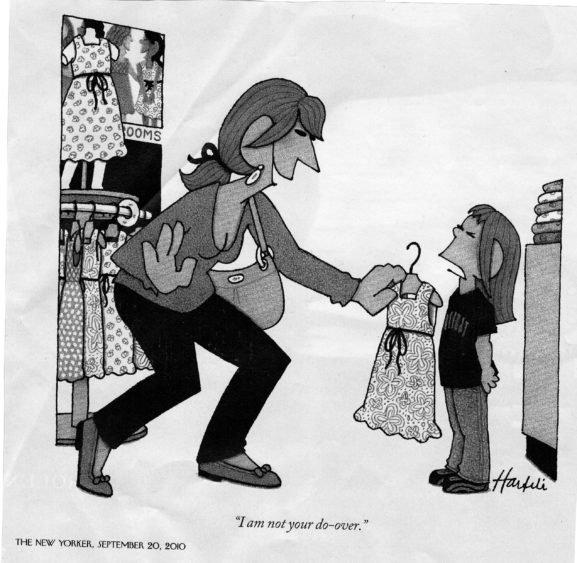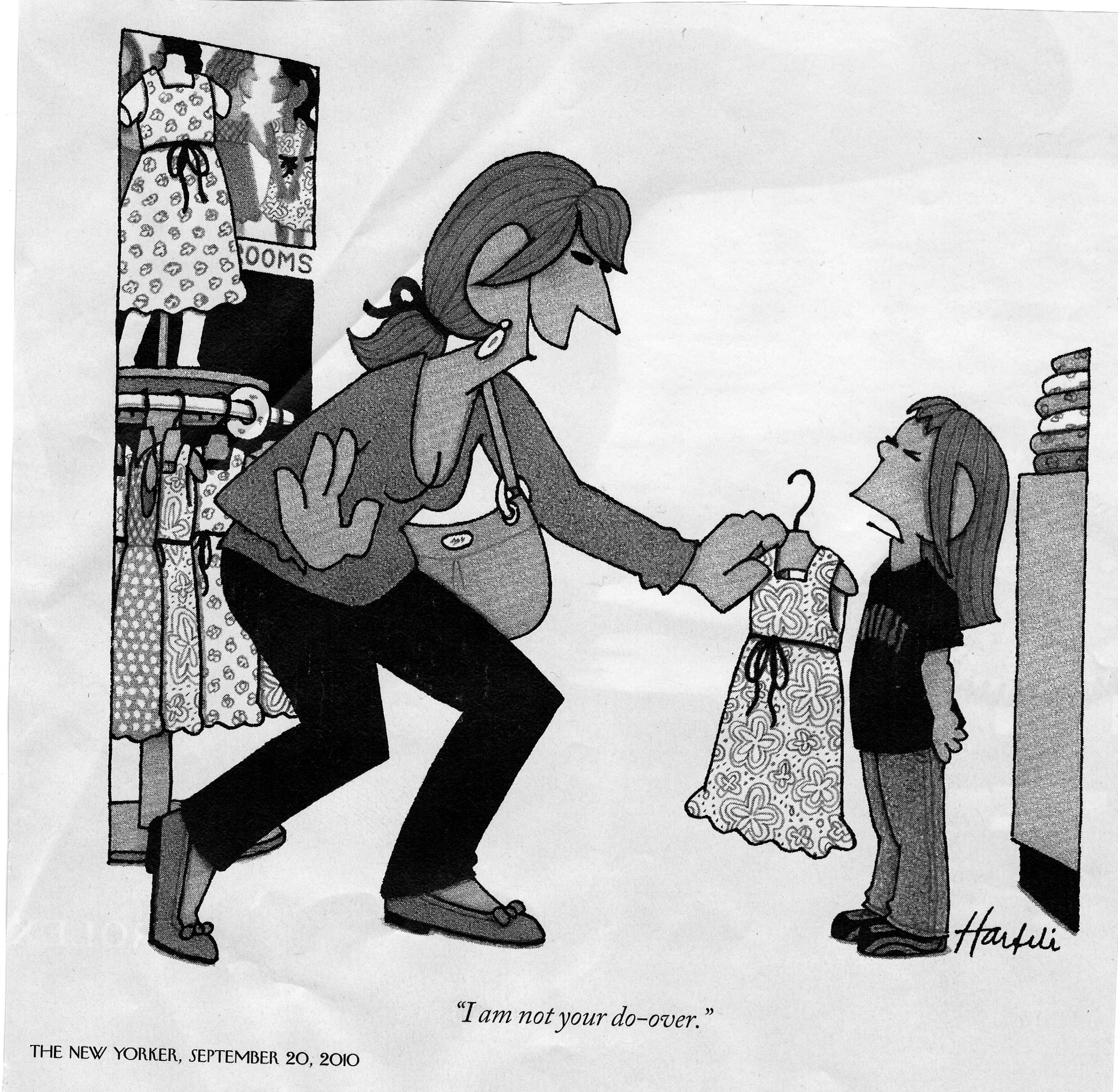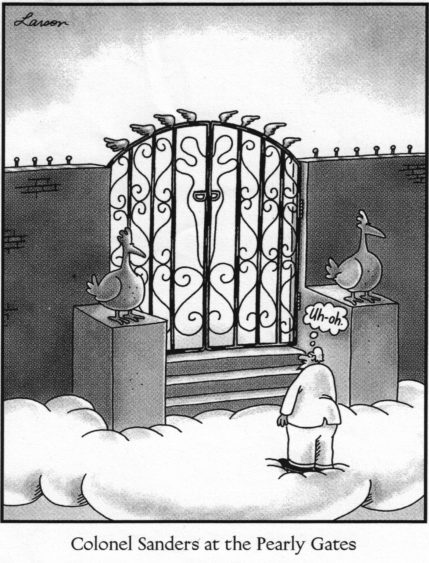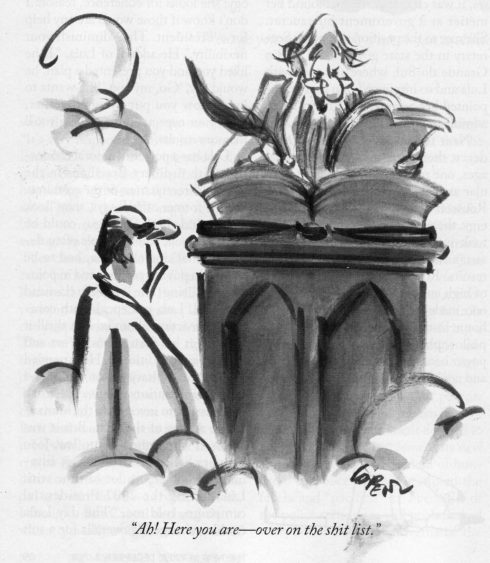Hi again beautiful reader. It’s so good to be back with you.
I believe that one of the main reasons that reflecting on our mortality too often makes us uncomfortable (unnecessarily in my view) has to do not with the fear of death itself, but just as much, with our regrets, and with diminishing time for a “do-over”.
My own regrets fall into 2 piles: – stuff I did (and wish I hadn’t), and stuff I didn’t do (and wish I had).
So, to try and take this big topic of regrets out of “UH OH!” land for you, I’ve got two great music tracks for you, followed by a couple of brief teachings – from not one, but two Rabbis – which I’m pretty sure you will like.
The only thing I personally don’t have a pile of, is no regrets. Ha! What about you?
Surprisingly, this first track is sung by a French superstar from another era. I say surprisingly, because if you know anything about the difficult life of Edith Piaf, she likely had plenty of potential regrets, even though she proclaims in this iconic song that she doesn’t. I was lucky enough to find this version performed for you by her in English.
Erica Brown, author of “Happier Endings – Overcoming the Fear of Death”, doesn’t agree with Piaf’s stance, or with any of those who say they have no regrets.
Brown posits that the words “I regret nothing” are actually code for “I am not going to die” – just another way of saying “I will live in a false bubble where I am not accountable.” Brown believes that those who actually have no sadness or remorse are in denial, or even worse, haven’t lived.
Author and playwright Arthur Miller reflects on this universal topic with his take: ”Maybe all one can hope for is to end up with the right regrets”.
This next song, loaded with regrets, called “Blues Du Businessman”, is from a very successful Quebec Rock Opera, called Starmania (1978). Unfortunately, it’s unavailable in English, but I’ve translated and included the lyrics (just below) for you, so you can follow along as you listen.
Although our “successful” businessman says he’s regretting his career choice, you’ll get right away that it’s wayy deeper than that – his regret is actually about not having been true to himself, all very movingly interpreted by Quebec pop star Celine Dion.
Blues Du Businessman (Luc Plamondon, Michel Berger)
I’m successful in business,
I’m successful in matters of love,
I change secretaries very often.
I have my office on top of a tower,
from where I see the town upside down,
from where I control my universe.
I spend half my life in the air, between New York and Singapore. I always travel first class.
I have my second home
in all the Hilton’s on Earth
but I can’t deal with unhappiness.
I’m not happy, but I look like I am.
I lost my sense of humor
when I got the sense of business.
I’ve succeeded and I’m proud of that,
but down deep I have only one regret.
I’m not doing not what I
wanted to do.
I wanted to be an artist,
to be able to do my show
when the airplane touches
the ground
in Rotterdam or Rio.
I wanted to be a singer
to be able to cry out who I am.
I wanted to be an author
to be able to create my life.
I wanted to be an actor,
so every day I could change my skin,
and find myself looking beautiful
on the big color screen
I wanted to be an artist
to be able to be an anarchist
and live like a…millionaire
I wanted to be an artist,
to have the world to do over,
to be able to say why I exist.
Time for the Rabbis:
Rabbi Zusha of Hanipol (1718-1800) was a teacher and Rabbi, known far and wide for his wisdom and human heartedness. He was dying…and weeping too. “Why are you crying Rabbi?” asked his students. “Because”, answered Zusha, “very soon now I’m going to face my day of judgment”.
“But Rabbi, Your whole life has been exemplary! You were as wise as Moses, and as kind as Abraham. You will definitely be judged positively in heaven.”
“Perhaps”, he responded, “but that’s exactly the problem. They’re not going to ask me why I wasn’t more like Moses or Abraham. They’re going to ask me why I wasn’t, more like Zusha…more like myself”
And Rabbi Abraham Joshua Heschel, (1907-1972) agrees both with our unhappy businessman in the above track, AND with Zusha (but from a different “perspective”) in his “words of advice to young people”:
“….But above all, remember to build your life as though it were a work of art”
I love these words from Heschel. I believe that his challenge to us to gauge our lives against works of art is totally brilliant. Why?
Think about it: What do we know about works of art? From us, they demand passion, creativity, honesty, integrity, and self- confidence. Works of art emanate from our minds AND our hearts. But mostly, they are completely ORIGINAL…completely OURS. Worthy aims for a life well lived, don’t you think?
Both of these teachings, and the music too, point to what is the most common and potentially our most poignant regret of all – the fear that we are not be living lives which feel completely our own:
“Where did I find this one? Off the rack at Macy’s?”
But, the good news is that even though some of us are no longer youngsters, we are not on our deathbeds either. So change, growth, is way possible.
But unfortunately, not for “the Colonel”:
So, for me, with respect to handling what I DID do (and wish I hadn’t), or didn’t do (and wish I had), it seems like I’ve got these 3 options:
(A)
“I did that says memory.
I couldn’t have says pride.
I DID that says memory.
I COULDN’T have says pride.
Eventually memory yields.”
(Friedrich Neitzsche)
(A), is of course, classic DENIAL – depicted perfectly in this acronym by author Debbie Ford, in her book “The Dark Side Of The Light Chasers”
D – on’t
E – ven
N – otice
I –
A – m
L – ying
(B)
“I did that. Why? How could I have? I am horrified and so embarrassed. I’ll never be able to forgive myself. I’m a ‘bad’ person.”
Or finally,
(C) “I did that. I do remember why. I’m certainly not proud of it and I regret it. But, there’s no way I could or would do that at this time in my life. Maybe I’ve learned from this, and grown. Good for me… Yayy!”
I like “Yayy” better, don’t you?
So, to my rescue, here comes the cavalry: Honest, but dispassionate reflection (but not “da judge”, not blame) – and only then, learning and growth
So the whole point in all this is not to beat ourselves up with our regrets. If we can stop doing that, we can be inspired to ask ourselves this question:
“What can I do, starting now, to live without accumulating new regrets, but instead, to learn and grow?” Starting right now, only I have the power to change my life – not what happened in the past!
How many of you youngsters know who the totally brilliant comedy writer/performer Sid Caesar was? We codgers remember him for sure.
Anyway, Sid clearly had a thoughtful side to him too. He wrote these words on the topic of regrets – voila:
“…and Einstein, if you read Einstein, and if you want to put his ‘theory of relativity’ in one sentence, it would be:
“One man’s now is another man’s then.
“So if you do have a now, do you know how precious that now is? You better enjoy that now. Enjoy it as much as you can. Because no matter how much you want to hold on to that now…it’s going to be a was, and if it’s a bad now, you’re going to have a bad was, and it becomes a cycle:
“…bad now, bad was, bad now, bad was – and the only way you can change it is to change it into a ”gonna be,” which comes just a brief second before the now…
But, if we get stuck in that now and was, and keep on living in the was, those “wases” can climb on your back.
They pile up into “shouldacouldas” and “ifonlys”.
Thank you dear Sid. I miss you – a lot! And as for my own “I did that (and wish I hadn’t)” regret pile, I’d like to offer you this example. I chose this particular one for two reasons: Firstly, this one resonates because of the “interesting” times we are living in now; but more importantly, to make my point that change and growth are possible even until our final breaths:
I reckon that some, even many of you, remember a person named Lee Atwater. Yes? Lee Atwater is recognized and remembered, as the creator, the founding father, of political dirty tricks – the strategy being to attack and destroy the reputation of your opponent so as to succeed in electing your client, no matter what the cost to the career – or indeed the future life – of your opponent.
Atwater was the mentor and teacher of Karl Rove, of Texas – a more familiar name perhaps – who “masterminded” two “successful” (successful for who I wonder?) US Presidential election campaigns for his client, George W Bush.
Lee Atwater spent his childhood in South Carolina, where he learned, and then later shared what he had learned with these words, in an article in Life Magazine in 1991 – (the year of his death):
“Republicans in the South could not win elections by talking about issues,” he said. “You had to make the case that the other guy, the other candidate, is a bad guy.”
“In 1988, when fighting Michael Dukakis, I said that I ‘would strip the bark off the little bastard’ and ‘make Willie Horton his running mate’. I am sorry for both statements: the first for its naked cruelty, the second because it makes me sound racist, which I am not.”
At 39, Mr. Atwater was diagnosed with a malignant brain tumor. He was “given” a year to live, and indeed he did pass on at age 40.
Friends said that he spent his final months searching for spiritual peace. The man renowned for the politics of attack turned to apologies, including one to Michael S. Dukakis, the Massachusetts Governor.
“My illness helped me to see that what was missing in society is what was missing in me: a little heart, a lot of brotherhood.
“The ’80s were about acquiring…acquiring wealth, power and prestige. I know. I acquired more wealth, power, and prestige than most.
“But you can acquire all you want and still feel empty. What power wouldn’t I trade for a little more time with my family? What price wouldn’t I pay for an evening with friends?
“It took a deadly illness to put me eye to eye with that truth, but it is a truth that the country, caught up in its ruthless ambitions and moral decay, can learn on my dime.”
As he approached his death, Mr. Atwater doubtless had a lot of things on his mind, plus stacks and stacks of regrets, real biggies – way more I reckon, than most of us – and the kicker?? No chance for a do-over – a chance that WE still have!
Now, what about my pile of: “I DIDN’T do that (and wish I had) regrets, (bigger list BTW…you too?), allow me now to share something else with you: a brief excerpt from a book called “The Top Five Regrets of the Dying”, by an Australian writer and songwriter named Bronnie Ware.
Her book, describes her experiences and observations, not about her years as a songwriter or performer, but as a palliative care worker.
Do any of these resonate with you? They do with me.
1) I wish I’d had the courage to live a life true to myself, not the life others expected of me.
2) I wish I didn’t work so hard.
3) I wish I’d had the courage to express my feelings more often.
4) I wish I’d stayed more in touch with my friends.
5) I wish that I had allowed myself to be happier.
BTW, about # 5, which is my own biggest regret: When you check out this “splendiferous” scene from this iconic film, you’ll get why this is one of my favorite movies ever. In the film, Zorba (Anthony Quinn), teaches, by his example (just look at his face) a young, uptight Englishman to “get a life”. I quote Zorba:
“A man needs a little madness, or he never dares to cut the rope and be free.”
That’s it for now dear reader. See you next time. Until then, PLEASE, take care of, and be kind to…yourself.
Metta,
M
“Life can only be understood backwards;
but it must be lived forwards.” (bummer, huh?)
Kierkegaard
Oh yeah, I almost forgot – Practice tip: ![]()
I have some really easy, pleasant, memorable homework for you. You will like it.
Kathryn Schulz is a staff writer for The New Yorker Magazine. A while back she gave a wonderful, deeply personal, compelling, relevant, and inspiring TED talk on this topic of regret.


